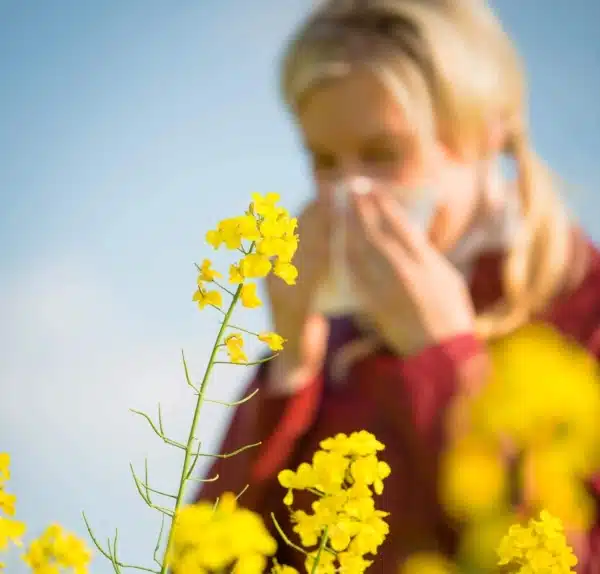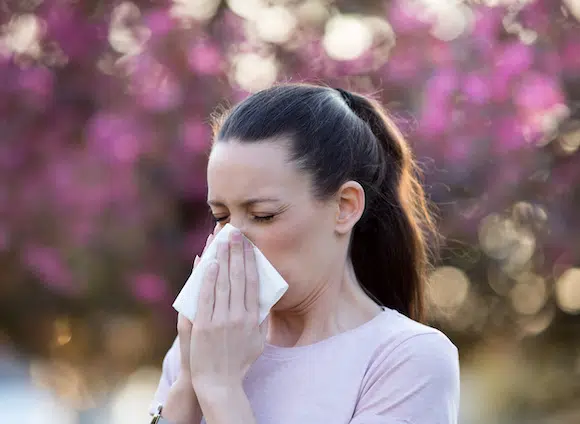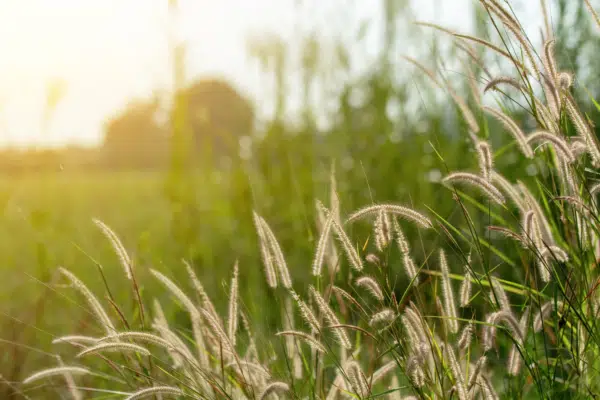View Your Local Pollen Count

Your daily pollen count is important to us!
We have embedded pollen count, mold count, and air quality index numbers in your local AllerVie clinic page.
You can also access the pollen count from the American Academy of Allergy, Asthma, and Immunology website, as well as subscribe to notification emails every time the pollen count has been updated.
View Local Pollen CountHow to read pollen count
Pollen and mold levels are determined by the National Allergy Bureau and have been translated into these four levels based on the counts for the majority of days and the averages over the years.
A low pollen count means that only people who are extremely sensitive to pollen and mold will have allergy symptoms.
A moderate pollen count means more people will have allergy symptoms.
A high pollen count means that most people with a sensitivity to pollen and/or molds can experience allergy symptoms.
A very high pollen count means that almost everyone who has an allergy to molds and pollen will experience symptoms.
Don't let allergies hold you back
With clinic locations across the country, find relief and freedom from allergies by seeing one of our board-certified allergists today!
Find an Allergist
Why do we count the pollen?
People with allergy symptoms should keep an eye on pollen levels, even when they are low, so they can start taking the right medicines and precautions (like staying inside, taking a bath before bed, etc.) as soon as possible.
The pollen count measures how much pollen is in the air, but it doesn’t have anything to do with a person’s symptoms or how bad they might be. A “low” pollen count doesn’t always mean that there aren’t many symptoms, and a “high” pollen count doesn’t always mean that there are a lot of health problems. When there are a lot of pollen grains in the air, people should usually take more care.
Most common pollen allergens

Tree Pollen
Allergies to tree pollen are most commonly triggered by a variety of different types of trees.
Learn More

Weed Pollen
Various types of weeds cause allergies and go beyond just being pesky and annoying in our flower beds.
Learn More